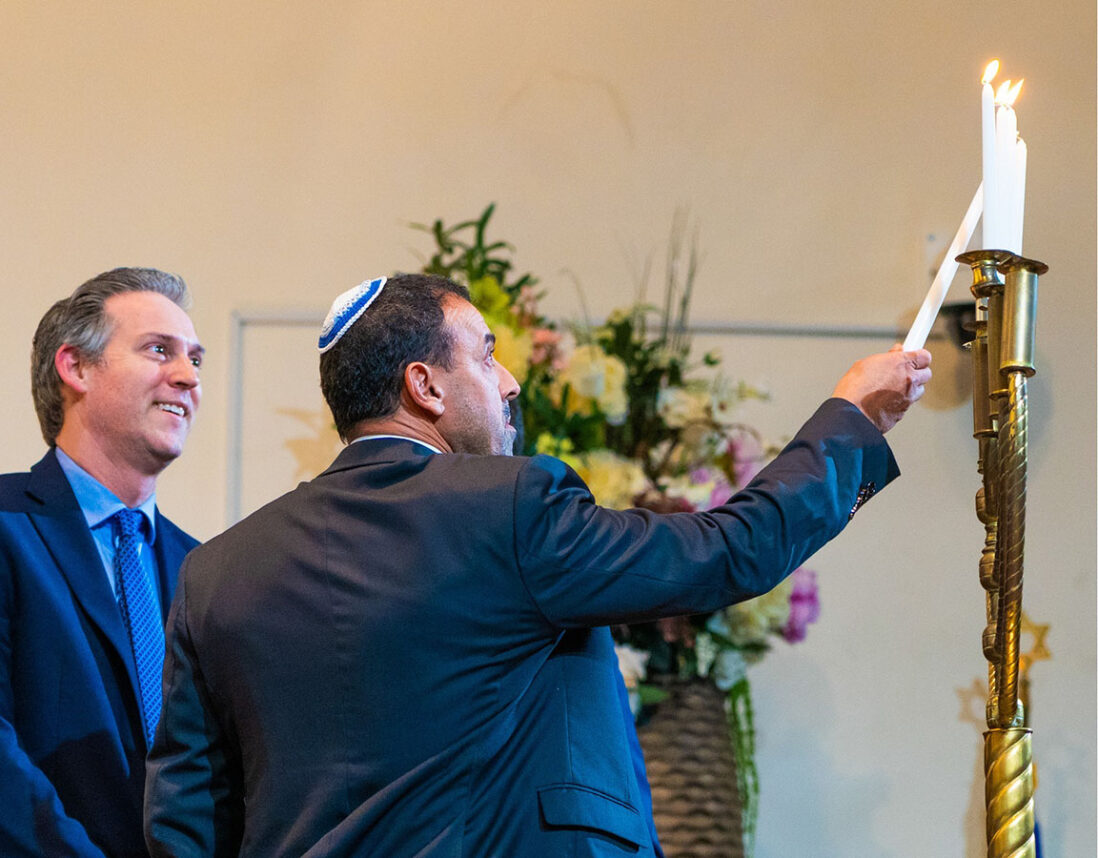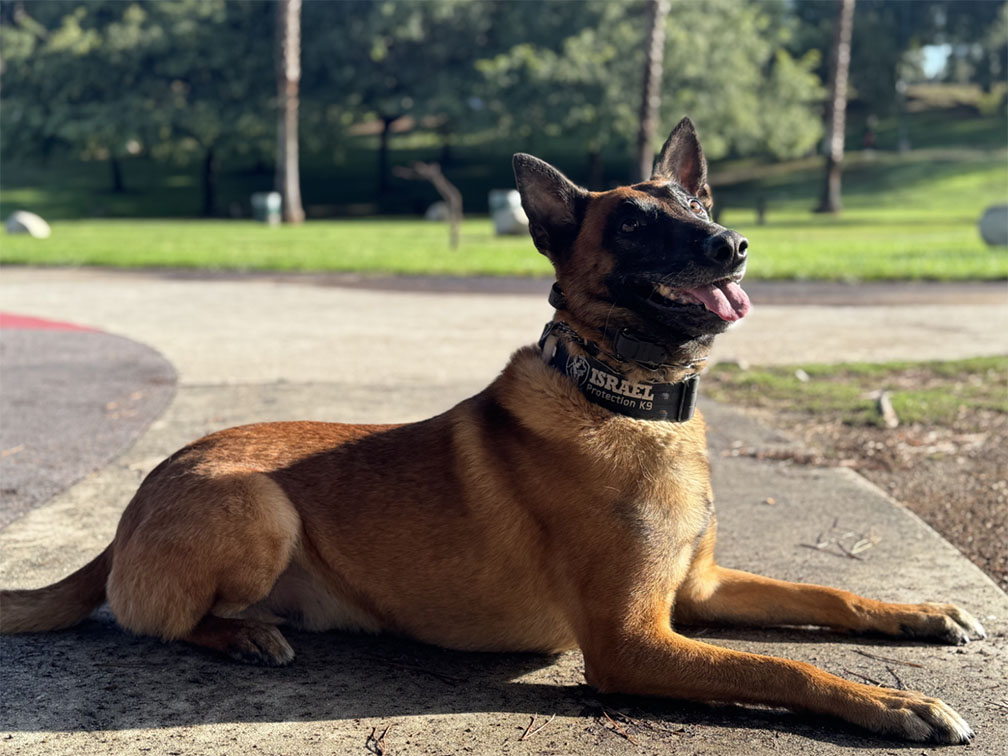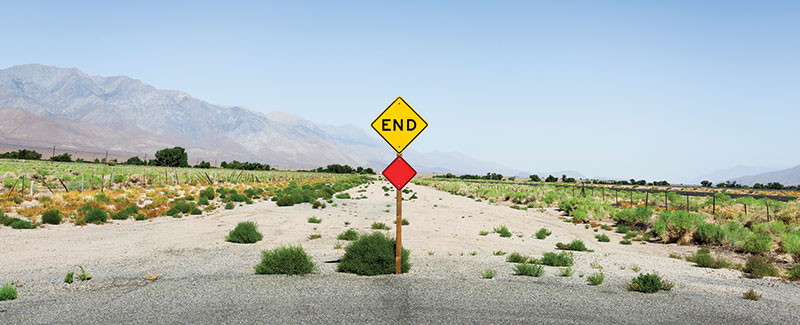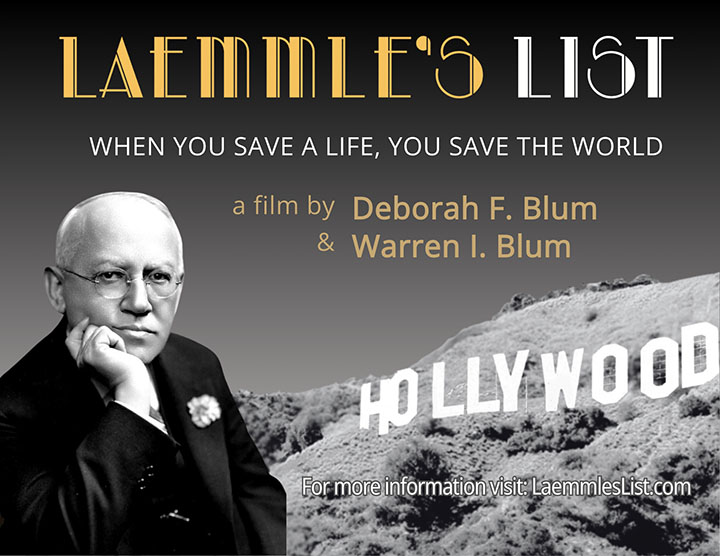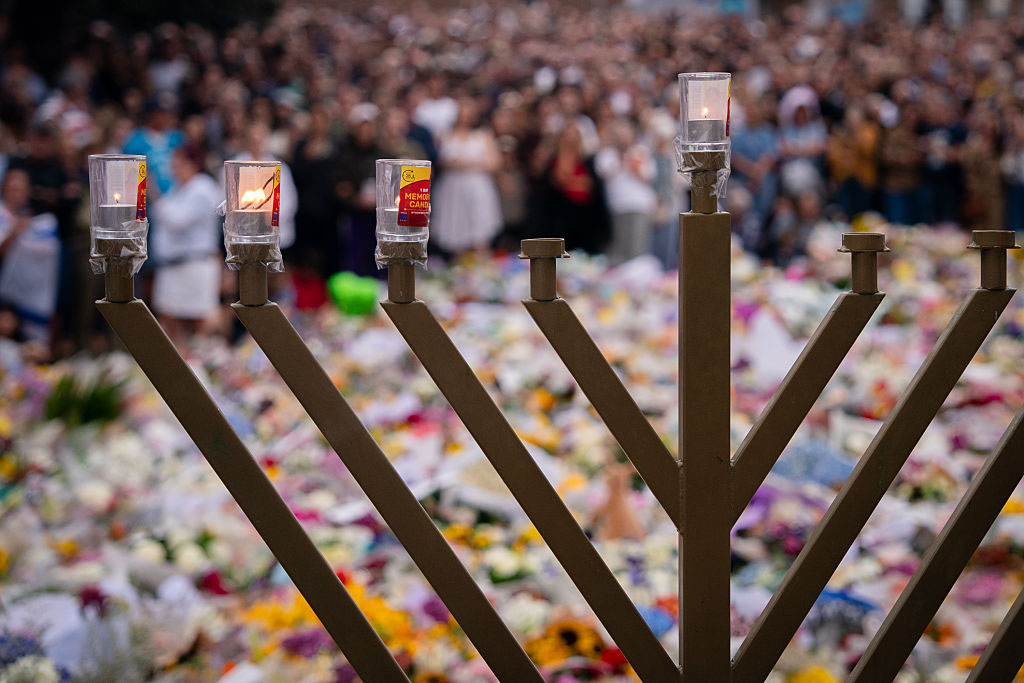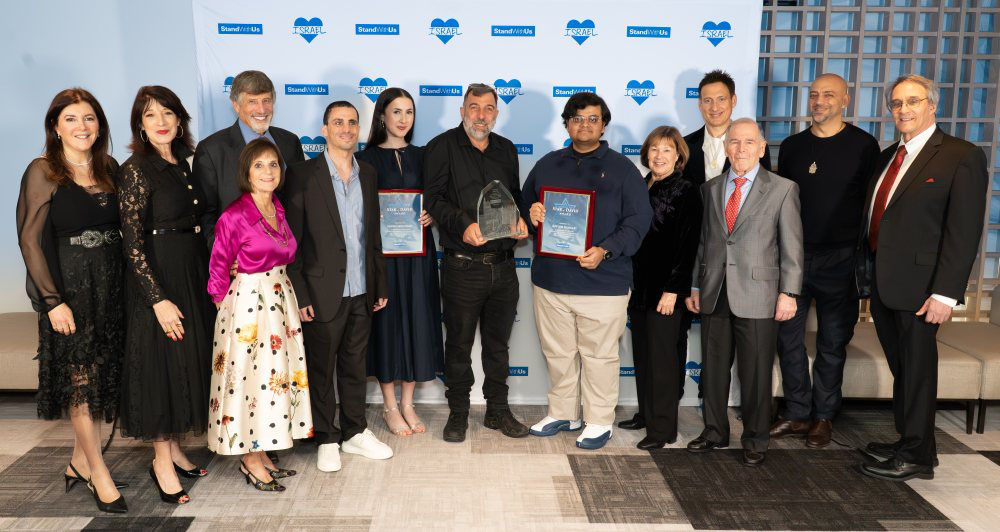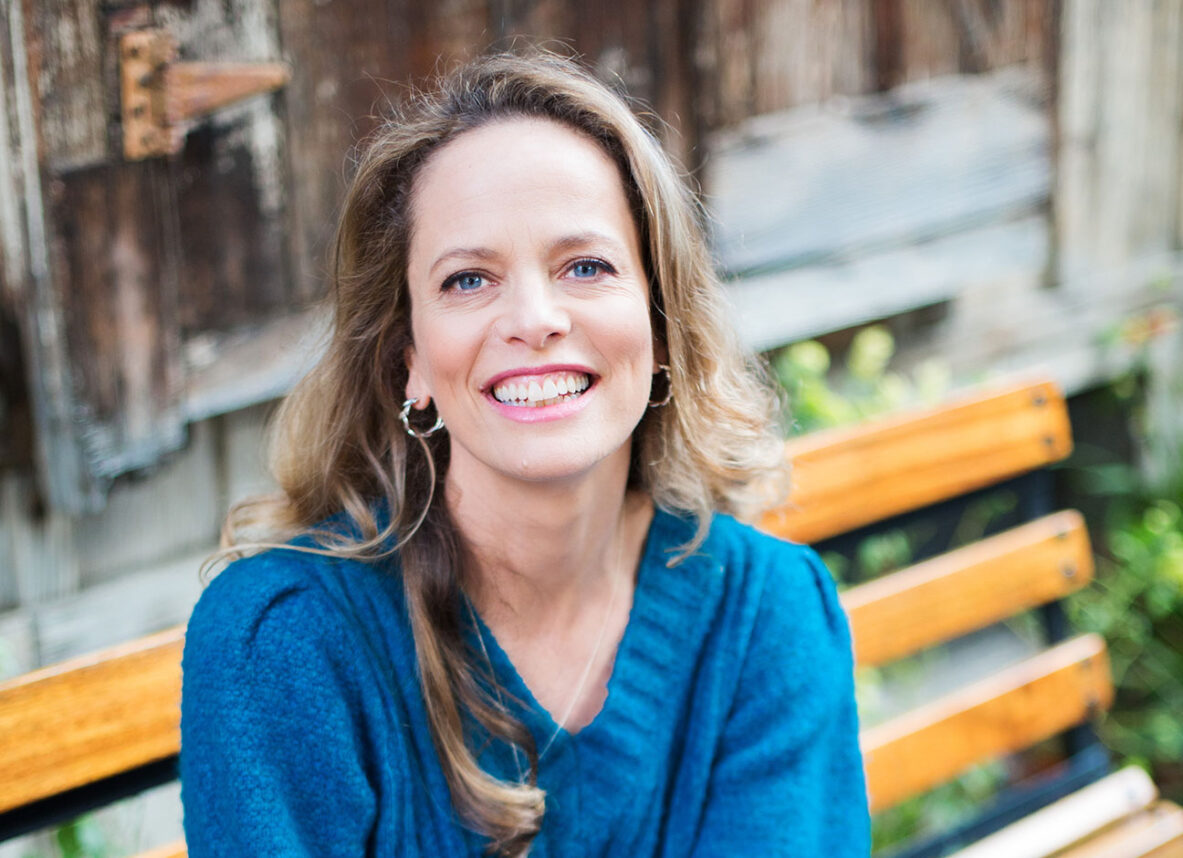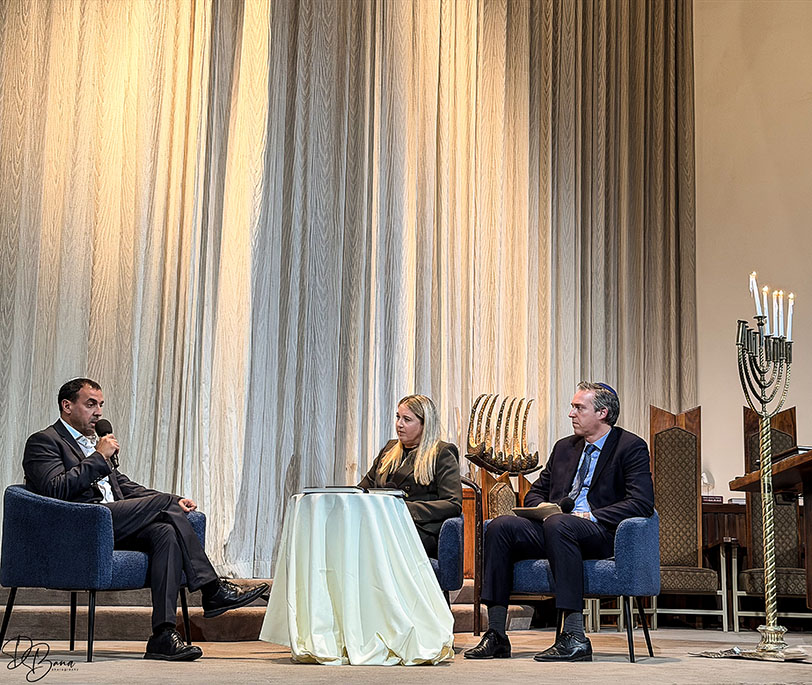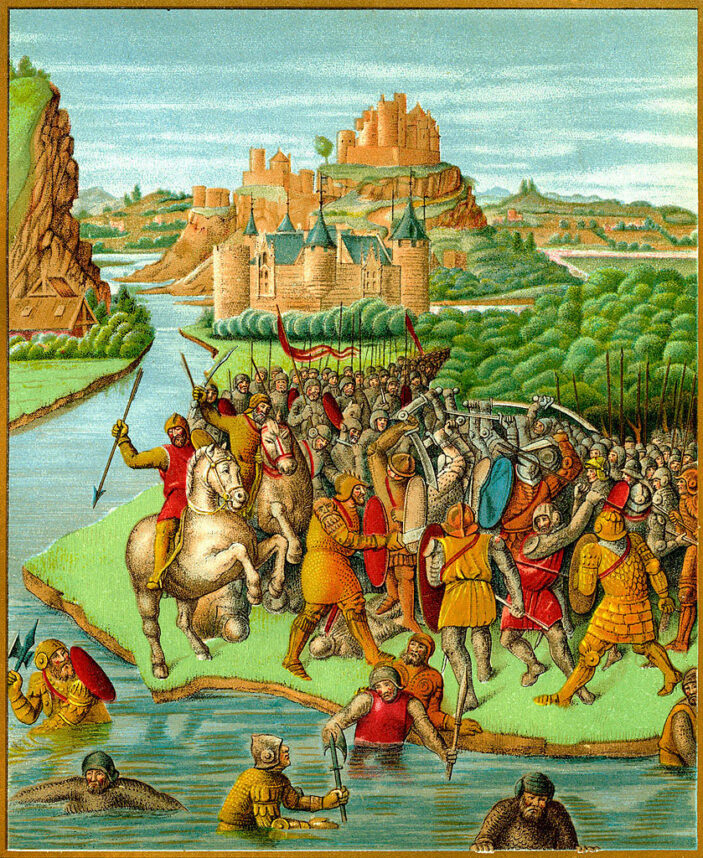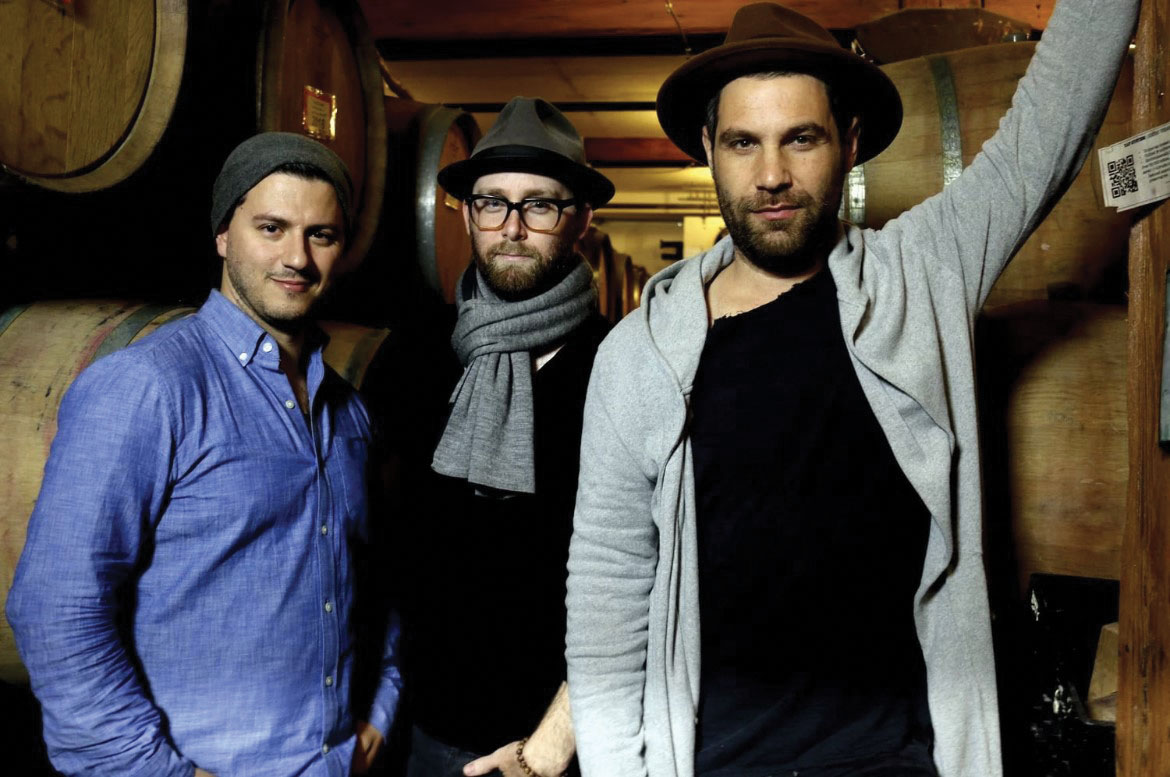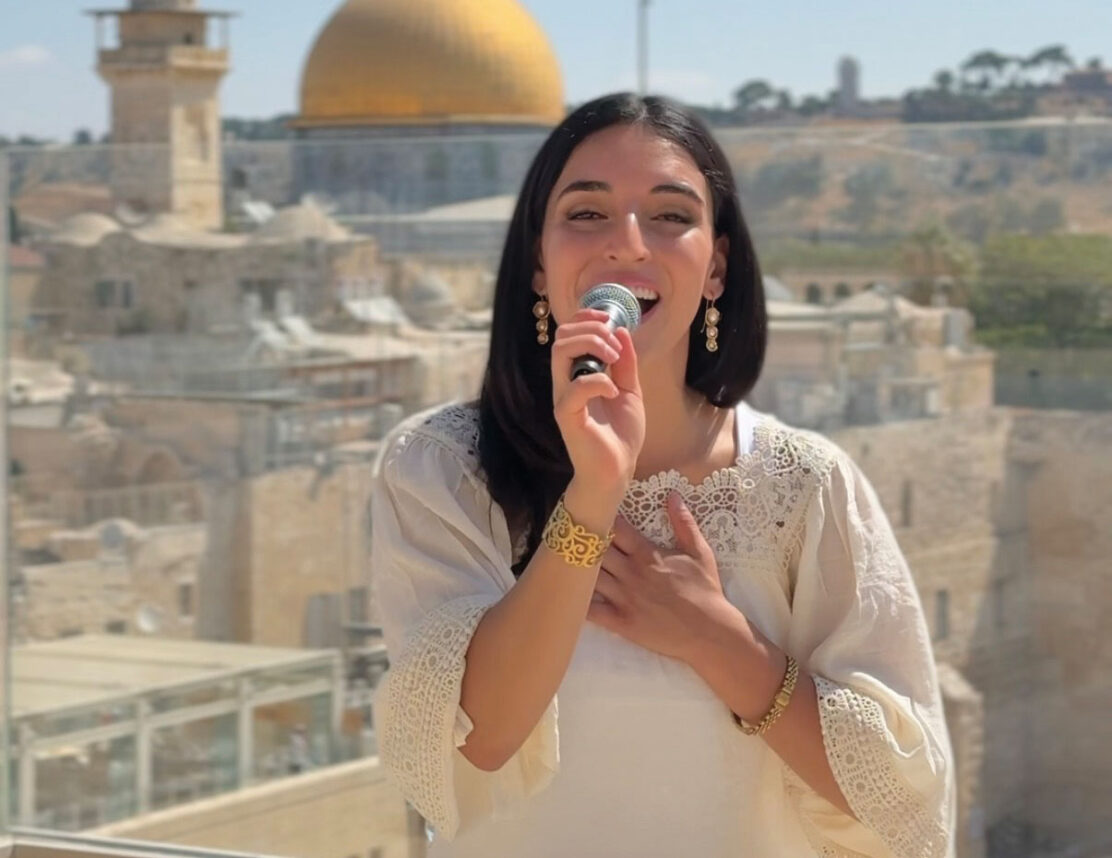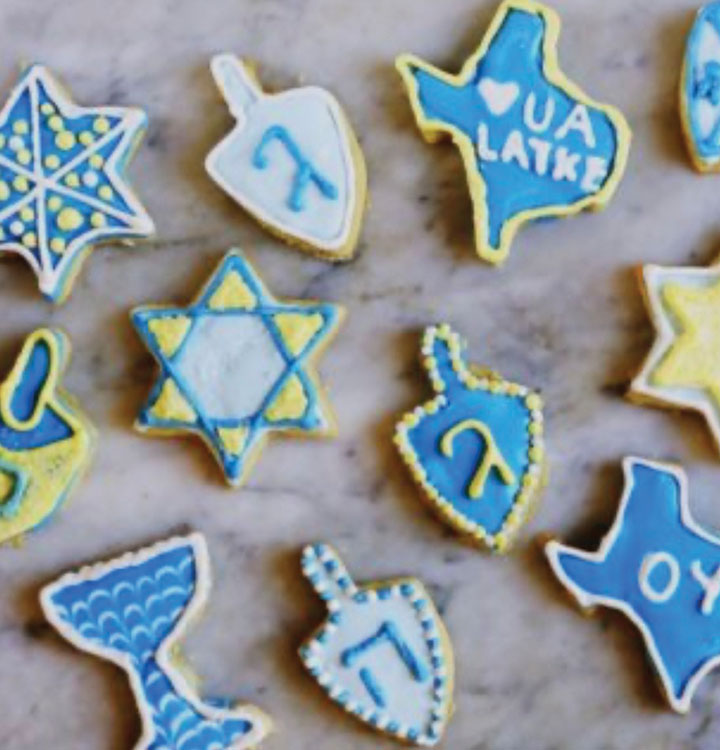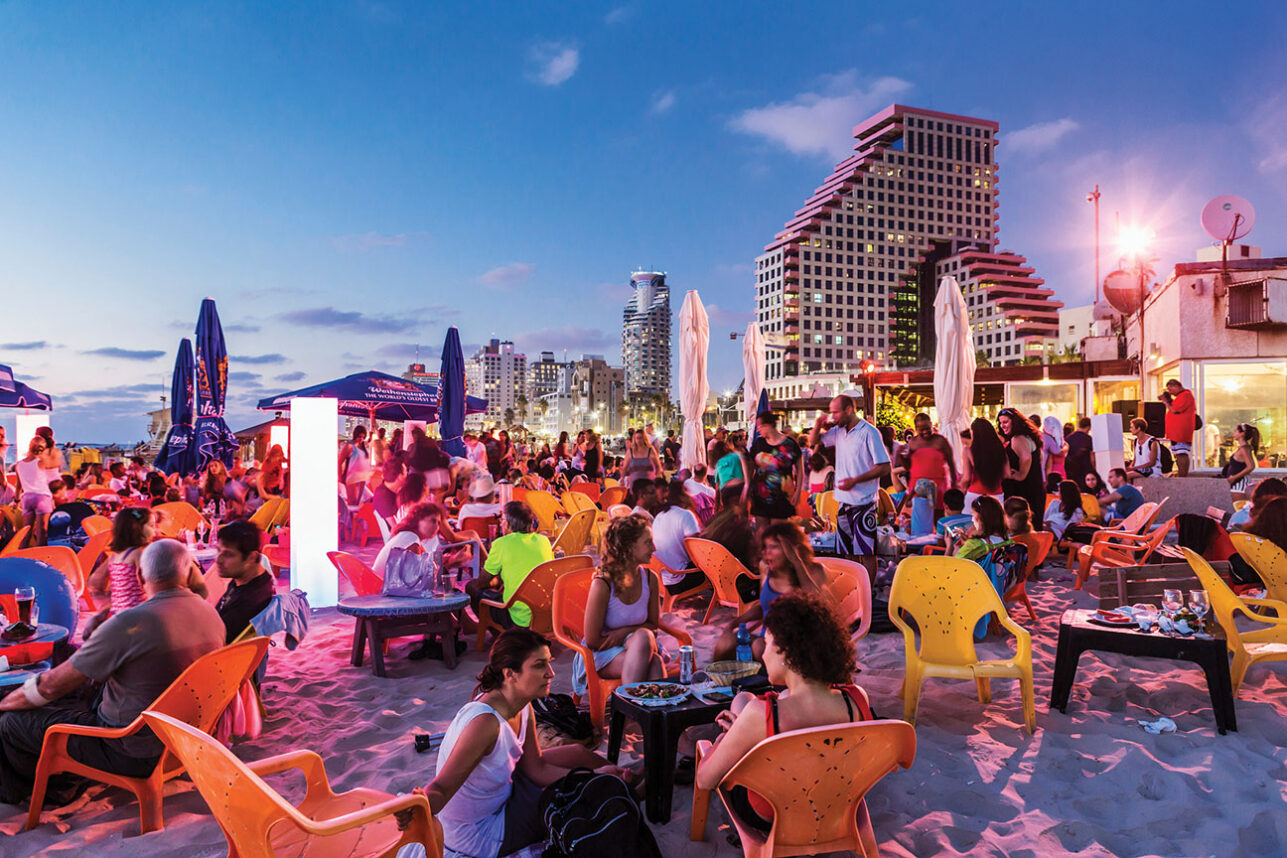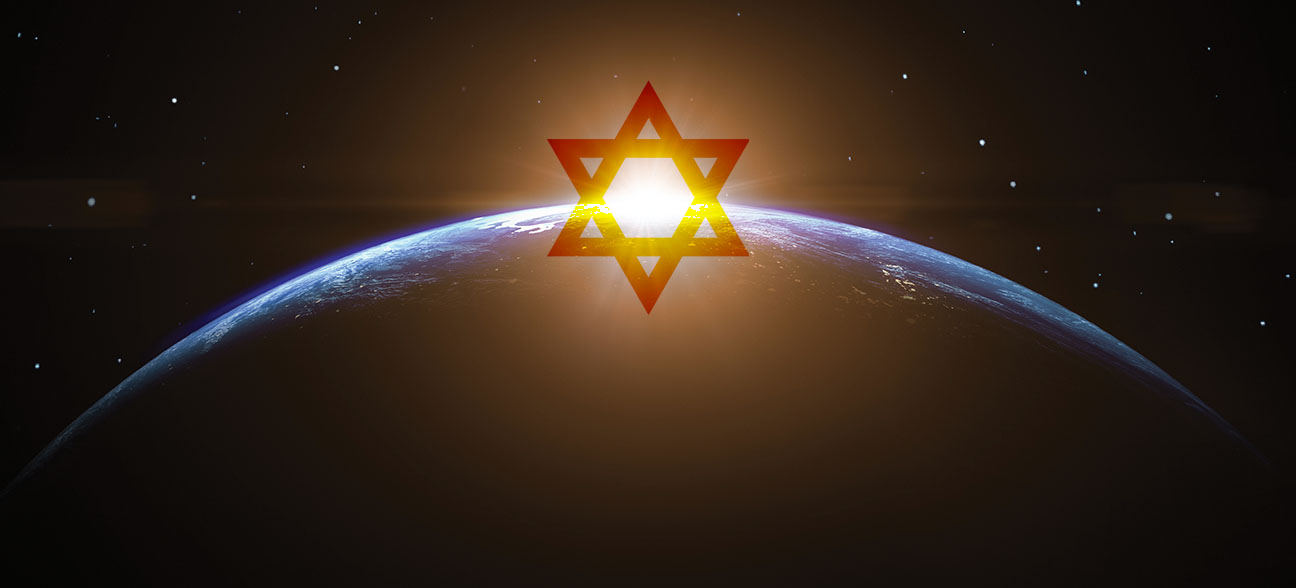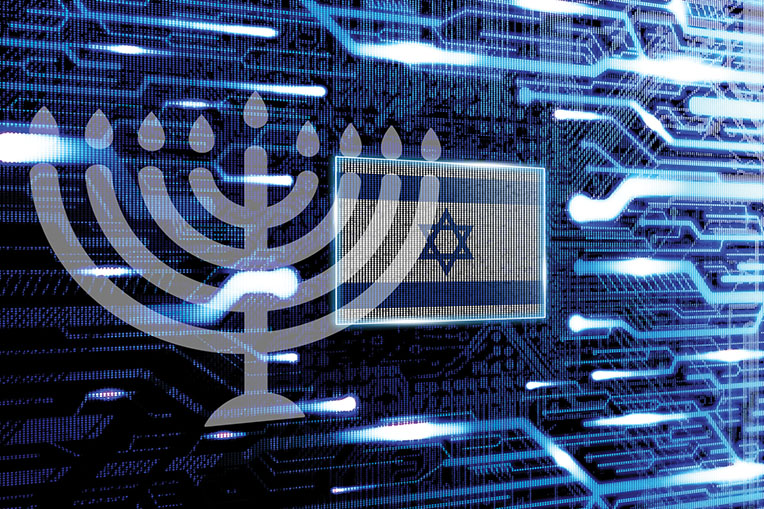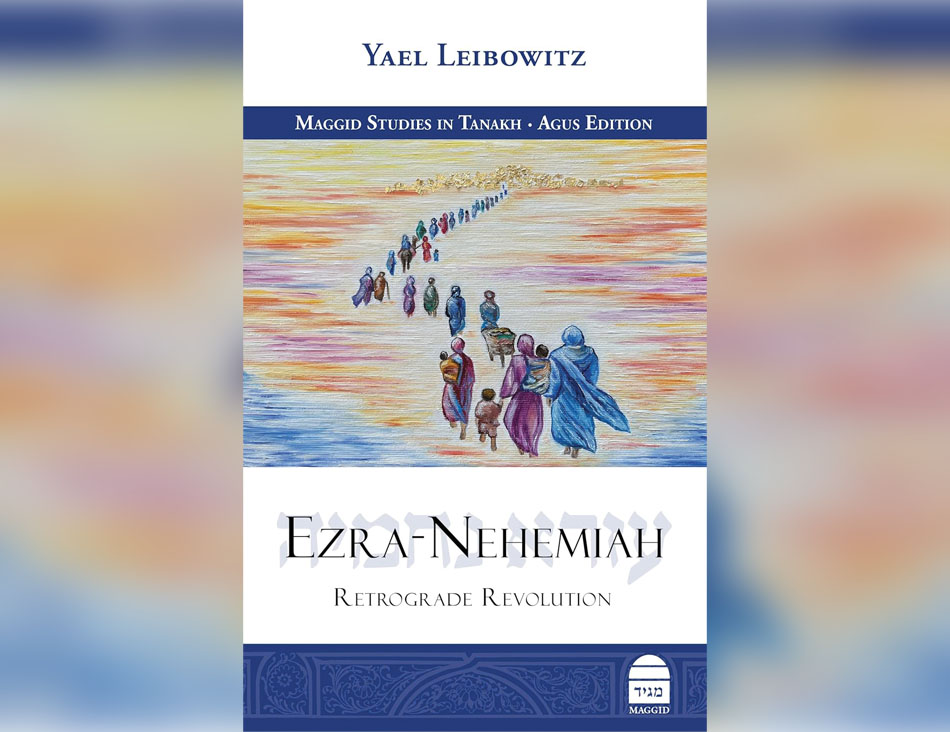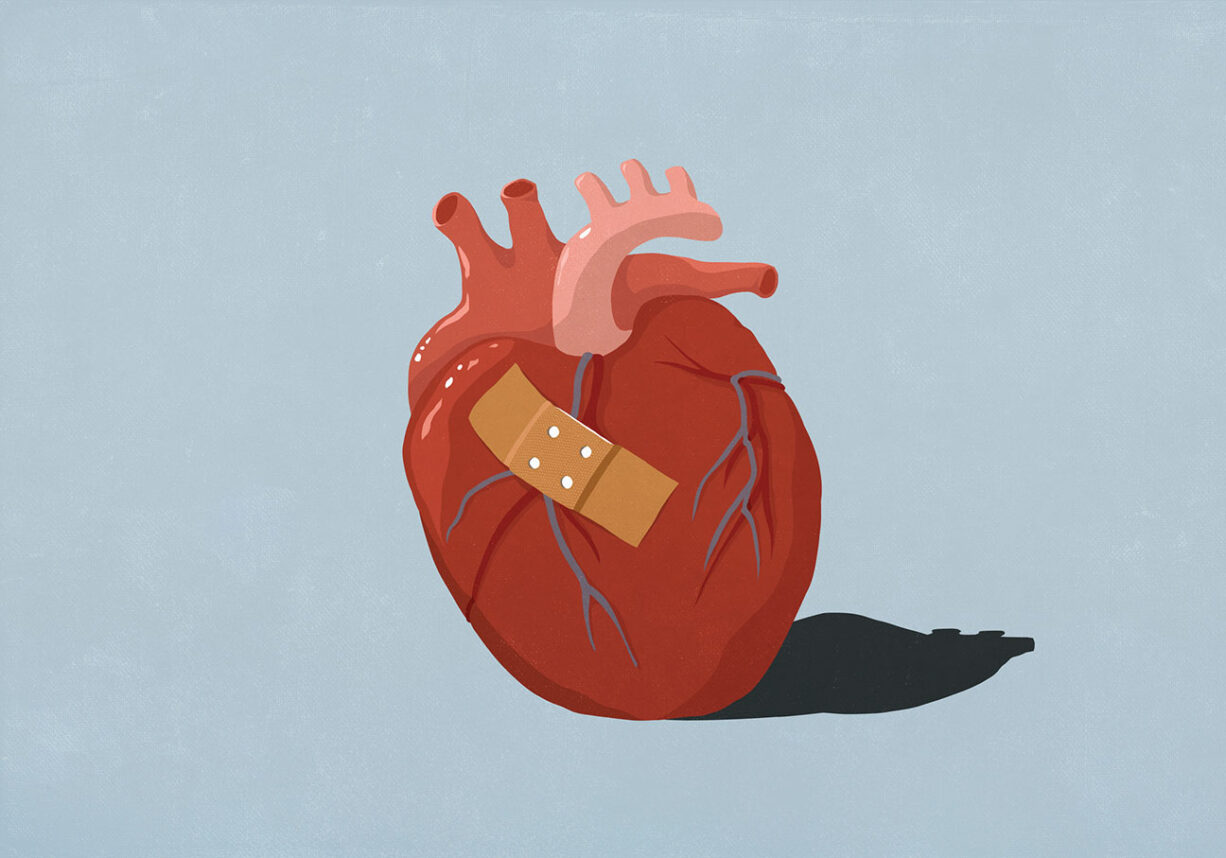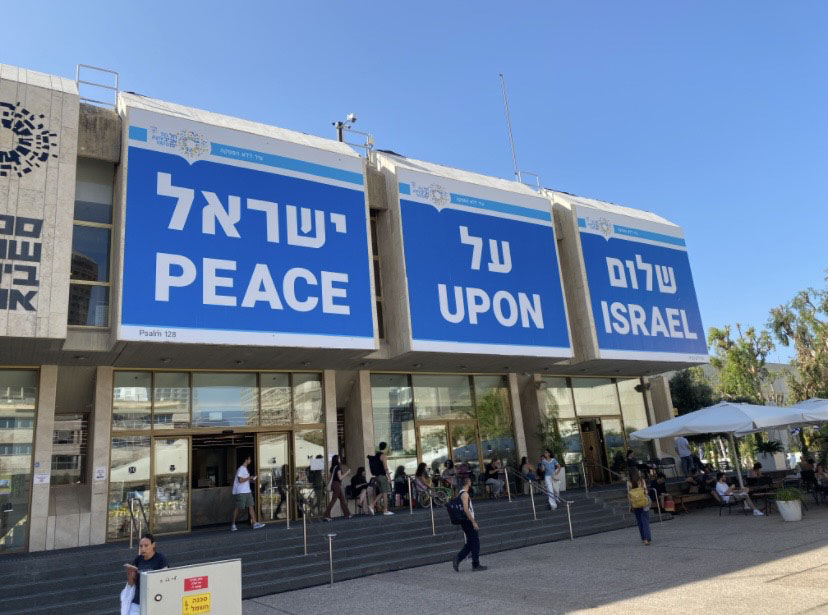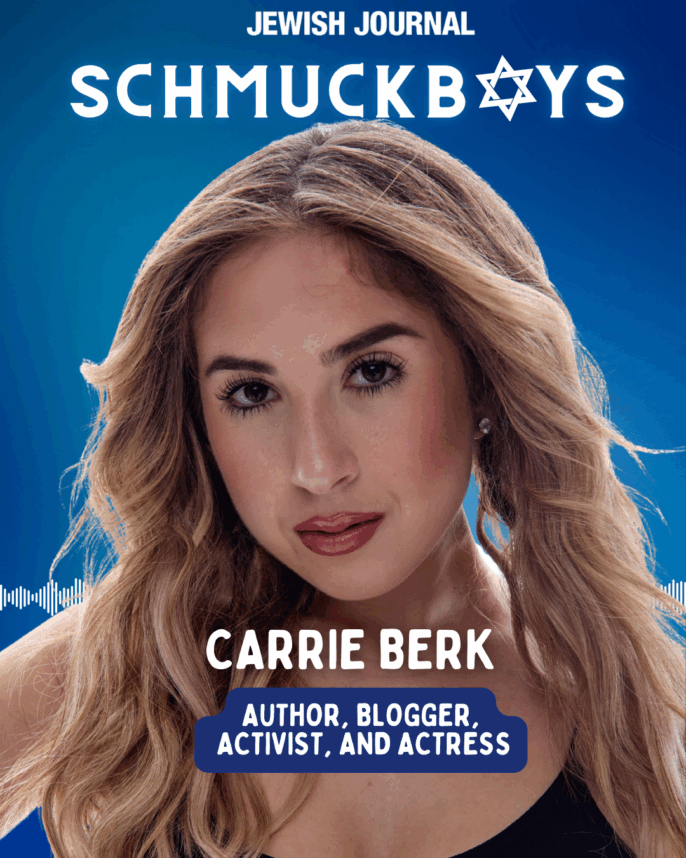Singers and lovers of Jewish music will gather in Sepulveda Pass this week for a festival celebrating Jewish choral music of the past and present.
The first David Nowakowsky International Jewish Choral Festival, which begins Sunday at the University of Judaism (UJ), will present a series of concerts and presentations designed to celebrate Jewish liturgical music scored for choirs in every genre, from 19th century "classical" to pop.
Geared primarily toward choir directors, choral singers and cantors in its sessions on repertoire and the use of choral music in the synagogue, the festival will also feature nightly public concerts in UJ’s Gindi Auditorium.
Although one of the concerts and one of the workshops will feature the music of the festival’s namesake, David Nowakowsky (1848-1921), most of the festival’s focus is on recent and contemporary composers of Jewish music with ties to Los Angeles, including William Sharlin, Max Helfman, Aminadav Aloni, Craig Taubman and Michael Isaacson.
The region’s premier Jewish choral group, the Los Angeles Zimriyah Chorale, will perform at the opening night concert and on Aug. 6, in a concert featuring Taubman. Other featured choirs include the Workmen’s Circle Mit Gezang Chorale, in a program of Yiddish music, and the Valley Beth Shalom choir, performing works by Aloni, on Aug. 5. Cantor Ira Bigeleisen of Adat Ari El and British pianist Harold Lester will appear in recital on Aug. 7.
The festival is sponsored by the Nowakowsky Foundation, founded in 1988 by the grandsons of Nowakowsky, a prolific composer of synagogue music in Odessa during the last decades of Tsarist Russia.
For more than 50 years, Nowakowsky served as music director of the Brody Synagogue in Odessa, part of a tradition of Jewish choral music most noted for the 19th century works of Salomon Sulzer and Louis Lewandowski. He was part of a sophisticated artistic circle that included writers Sholom Aleichem, Ahad Ha’am and Chaim Bialik.
Though little of Nowakowsky’s work was published during his lifetime, his manuscripts, representing more than 3,000 pieces, survived World War II and were brought to the United States in the 1950s. Several of his works, most notably his closing service for Yom Kippur, gained attention among U.S. synagogue musicians and singers after the war.
A foundation-sponsored concert of Nowakowsky’s music conducted by Roger Wagner in 1989 galvanized Noreen Green, now artistic director of the Los Angeles Jewish Symphony.
"It struck such a chord in me," Green told The Journal. "I was so surprised at the vastness of his music: the variety, the beauty of the arrangements." Green took on a leadership role in the foundation, and for several years led the Nowakowsky Chorale, an ensemble devoted to performance of his music.
She compares Nowakowsky to Johann Sebastian Bach, both in the breadth of his output, composing music every week for his synagogue, and in his sophisticated use of counterpoint. "It weaves such a beautiful harmonic pattern," she said of his work.
Musicologist Neil Levin, an archivist and a professor of music at Jewish Theological Seminary in New York, told The Journal that while Nowakowsky was not an influential composer, he successfully blended thorough understanding of Jewish musical motifs with "magnificent craft" in his music. The festival’s artistic director, Nick Strimple, who will conduct the Zimriyah Chorale singing Nowakowsky’s music on Sunday, said that while many of his pieces fall into the category of European art music, they can’t be mistaken for the work of any other composer. "There’s that Russian seasoning," Strimple said.
Festival director Gregory Cherninsky, a Russian émigré, relates to Nowakowsky as a fellow Odessan, whose instrumental music he compares to that of Tchaikovsky and Mussorgsky. "I consider myself his third-generation student," said Cherninsky, who is preparing a program of Nowakowsky’s chamber music.
Much of Nowakowsky’s work was meant to be performed in concert, not as part of a worship service, and some of the pieces by more recent composers represented at the festival fall into that category as well. Ironically, the festival is occurring at a time when many synagogues are pulling away from formal, cantor- and choir-oriented music and moving toward simpler tunes that everyone in the congregation can sing.
However, Green noted that not every Jew experiences his or her Jewishness through prayer. "People want to feel connected to their Judaism, and music is a nonthreatening way to do that," she said.
Levin added that "just listening" is part of prayer, too, and that a concert of sacred music is itself a spiritual experience, not entertainment. "High art is by definition spiritual," he said. "If it isn’t, it’s not high art."








